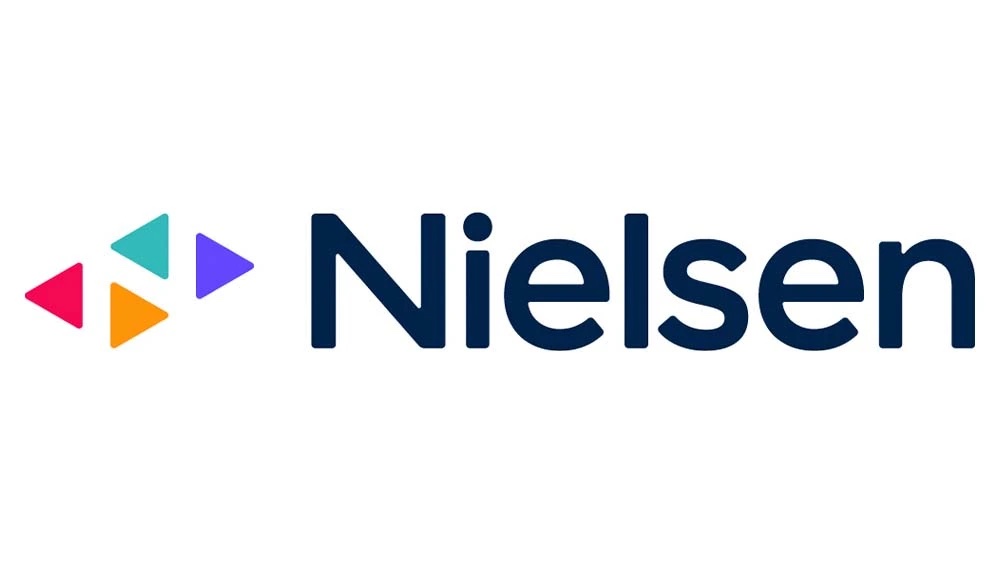Russia announces second round of winners
Russian media giant ProfMedia was the surprise omission from the list of winners in the tender for the country’s second DTT multiplex, which carries 10 channels. There were around 15 applications for the 10 slots, with the winners announced by regulator Rozkomnadzor (Russian Federal Surveillance Service for Mass Media and Communications), responsible for both media and communications, on Dec. 17. No reason was given for ProfMedia’s omission, but such processes in Russia are notoriously politicized, even if it may just have been that the group’s bid was not competitive enough. ProfMedia is one of Russia's largest entertainment groups, managing the popular TV3 and MTV Russia channels.
Each channel has to pay R36.095 million ($1.2 million) upfront and then sign a 10-year contract with the DTT operator Radio Broadcasting Network (RTRS). Under this contract, broadcasters will pay up to R940 million ($30 million) a year, depending on the number of people within range, to be part of the DTT multiplex, which is available to more than 57 million people immediately and should reach 73 percent of the population by early 2013.
Winners of Russia second DTT multiplex tender were Akcept (Ren TV), TV Center (TV Center – Moscow), Network Television Stations (CTC), New Channel (Domashny), Sport (VGTRK), NTV Plus Sport Plus (NTV Plus), Zvezda (NTK Zvezda), Mir (Mir), TNT Teledisk (TNT) and Muz TV (Muz).
The first multiplex winners were announced when DTT launched in Russia at the end of 2010 and included eight free to air national channels broadcasting in the DVB-T standard and MPEG-4 compression. These were the public channels Pyervyi, Rossiya, Rossiya 2, Rossiya 24, Rossiya K, and Bibigond, and commercial channels NTV and Channel 5.
Then in 2011 Russia decided that these DTT networks then being deployed would instead be based on the second generation DVB-T2. Regions where DTT had already been launched at that time were gradually upgraded to the newer technology. More recently, however, the regulator has postponed the upgrade in a few areas where many homes already had first-generation DVB-T enabled equipment.
The decision to adopt DVB-T2 despite the confusion it caused was taken in the face of fast growing competition from cut-price DTH operators, notably Tricolor TV, and to an extent IPTV, led by Telco Rostelecom. TriColor offers almost 60 pay channels for around $1 per month, and more than 20 HD channels that can be added for little more than an extra $1 monthly. Tricolor TV is gaining customers rapidly, with 8.9 million at the end of 2012, up from 7.2 million a year earlier, according to U.K. analyst group Rethink Research.
The professional video industry's #1 source for news, trends and product and tech information. Sign up below.
